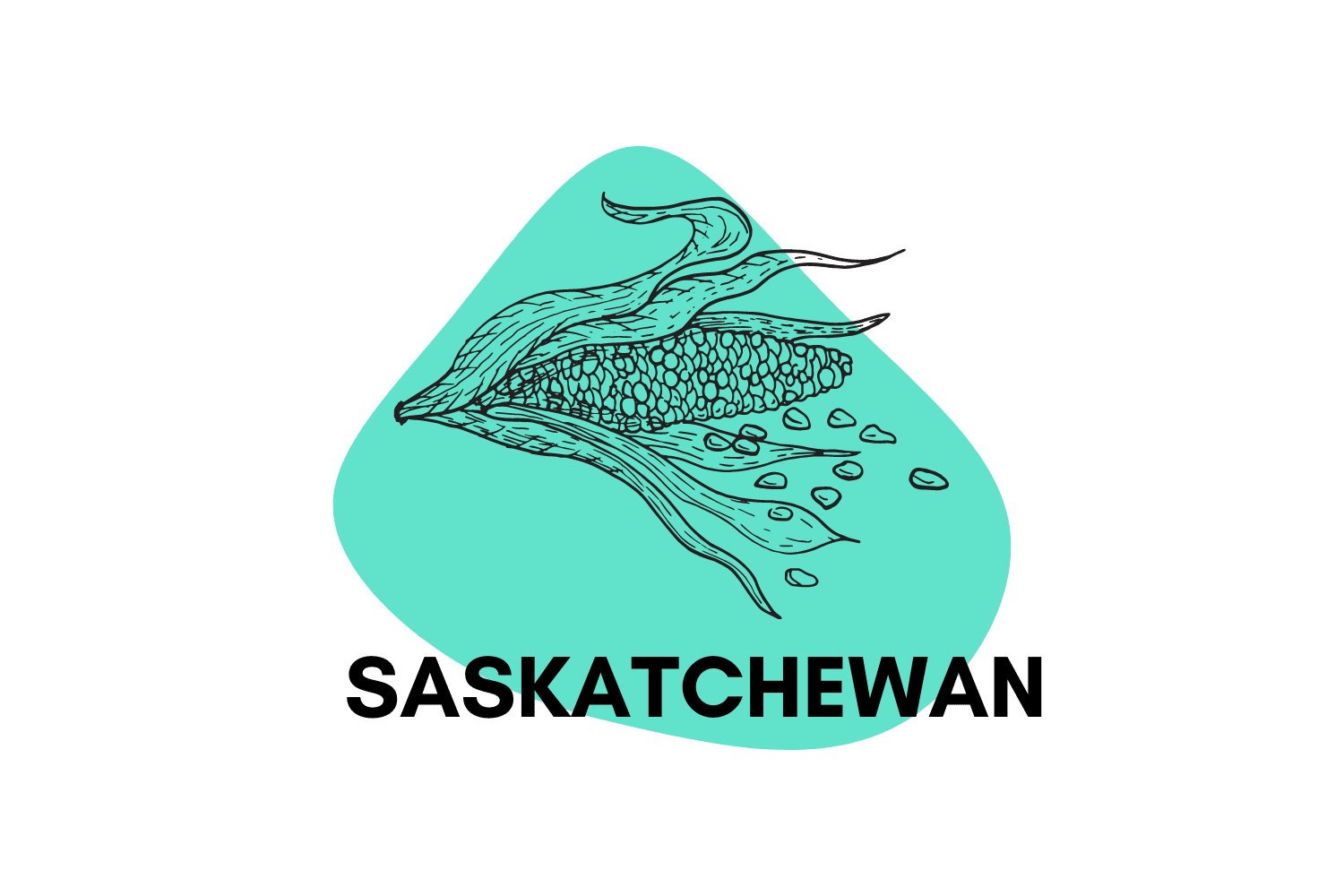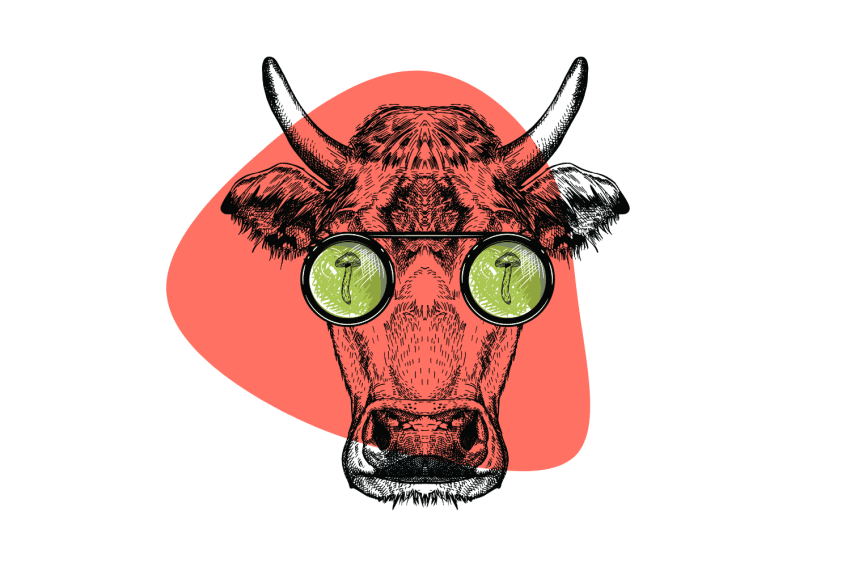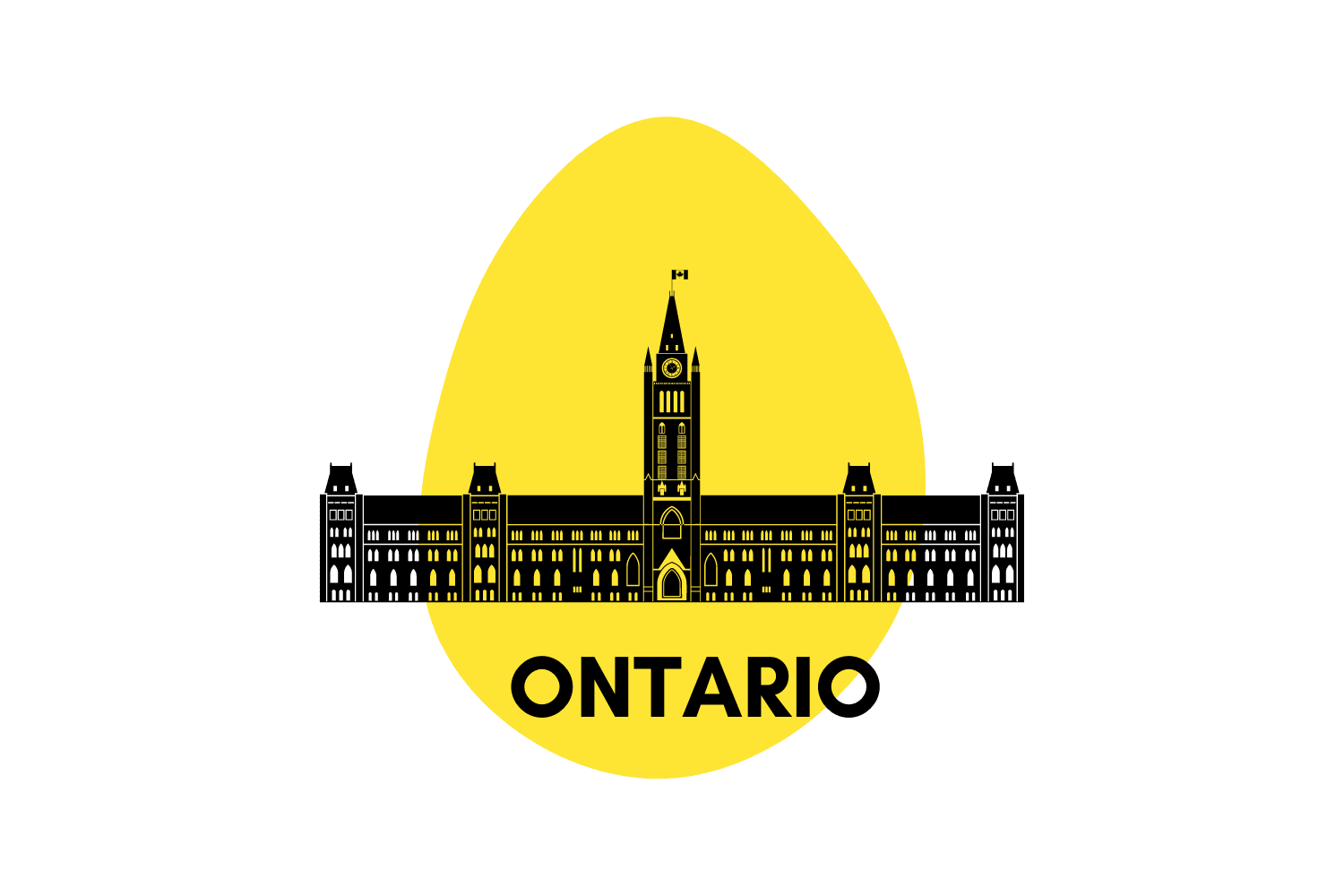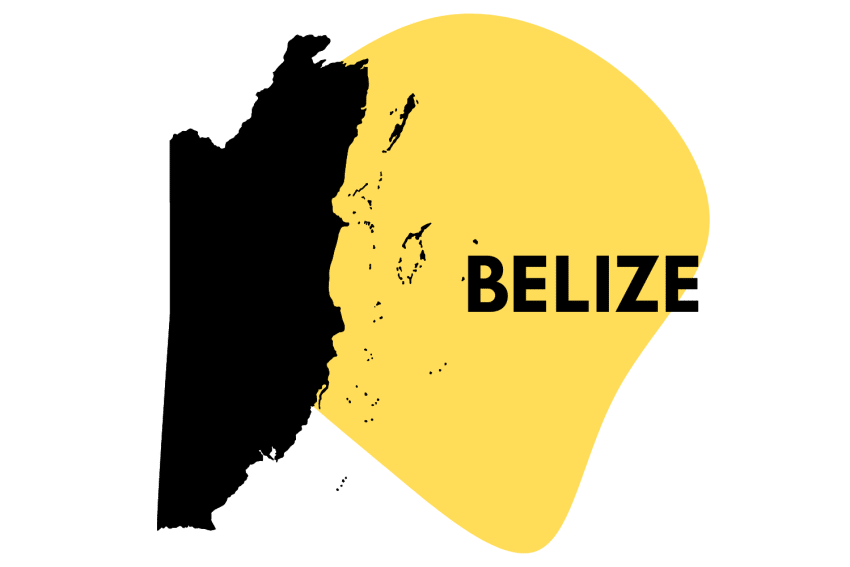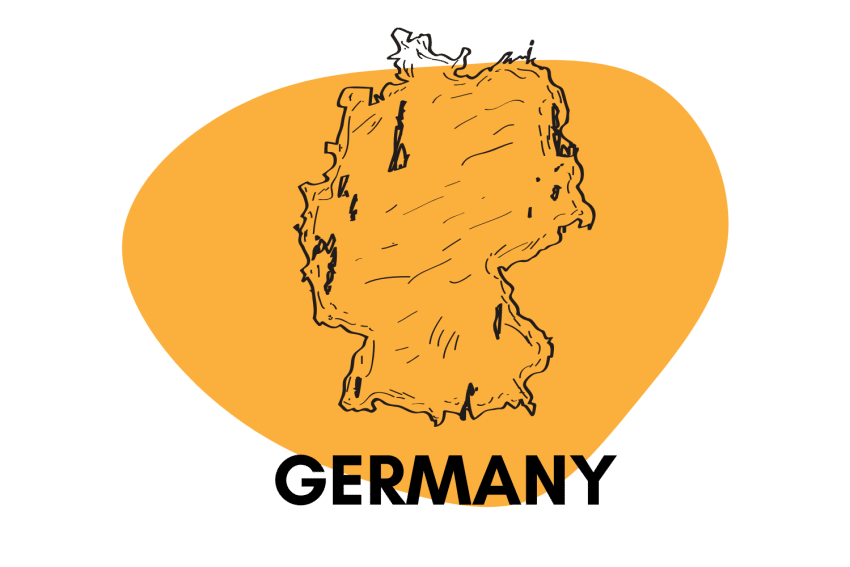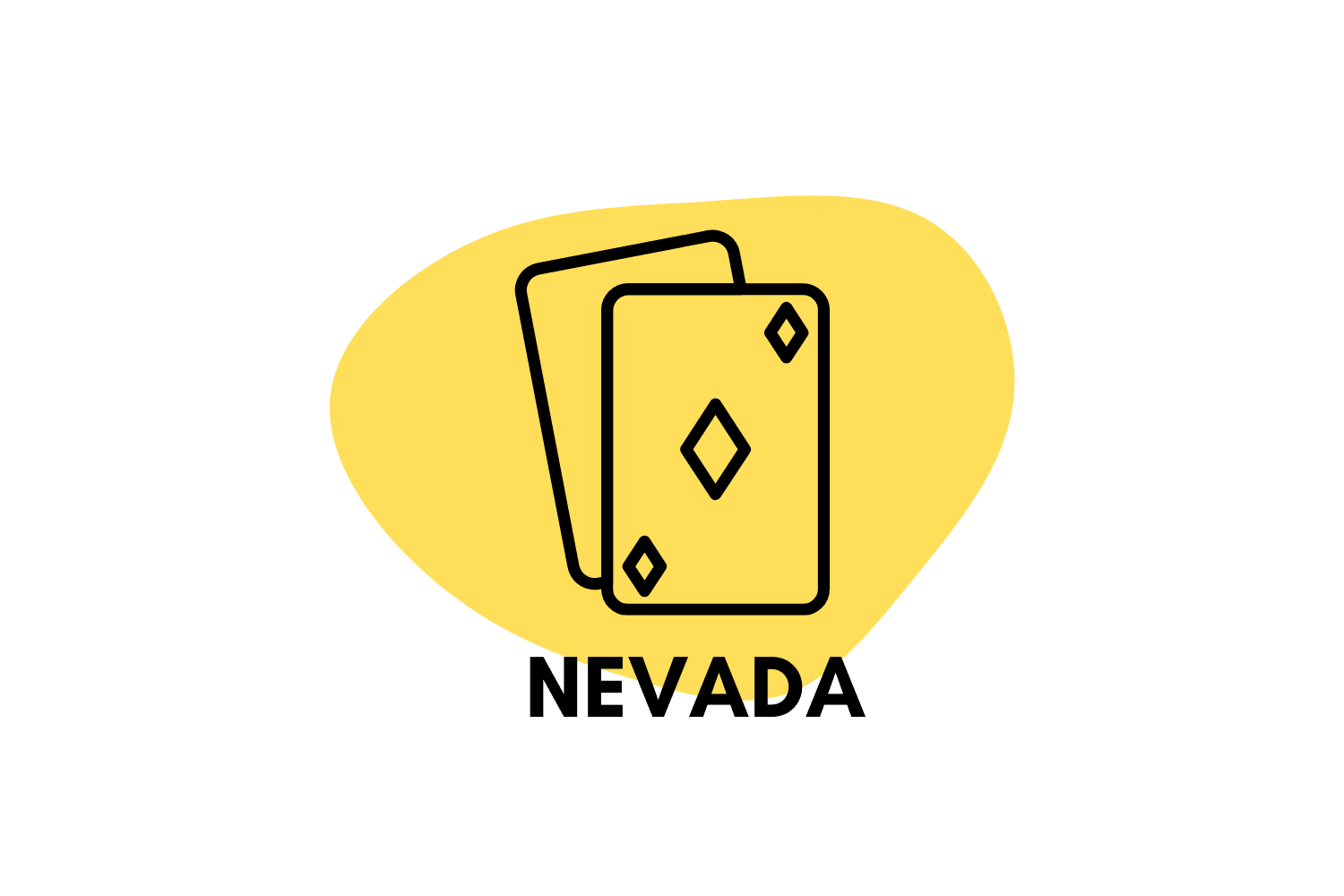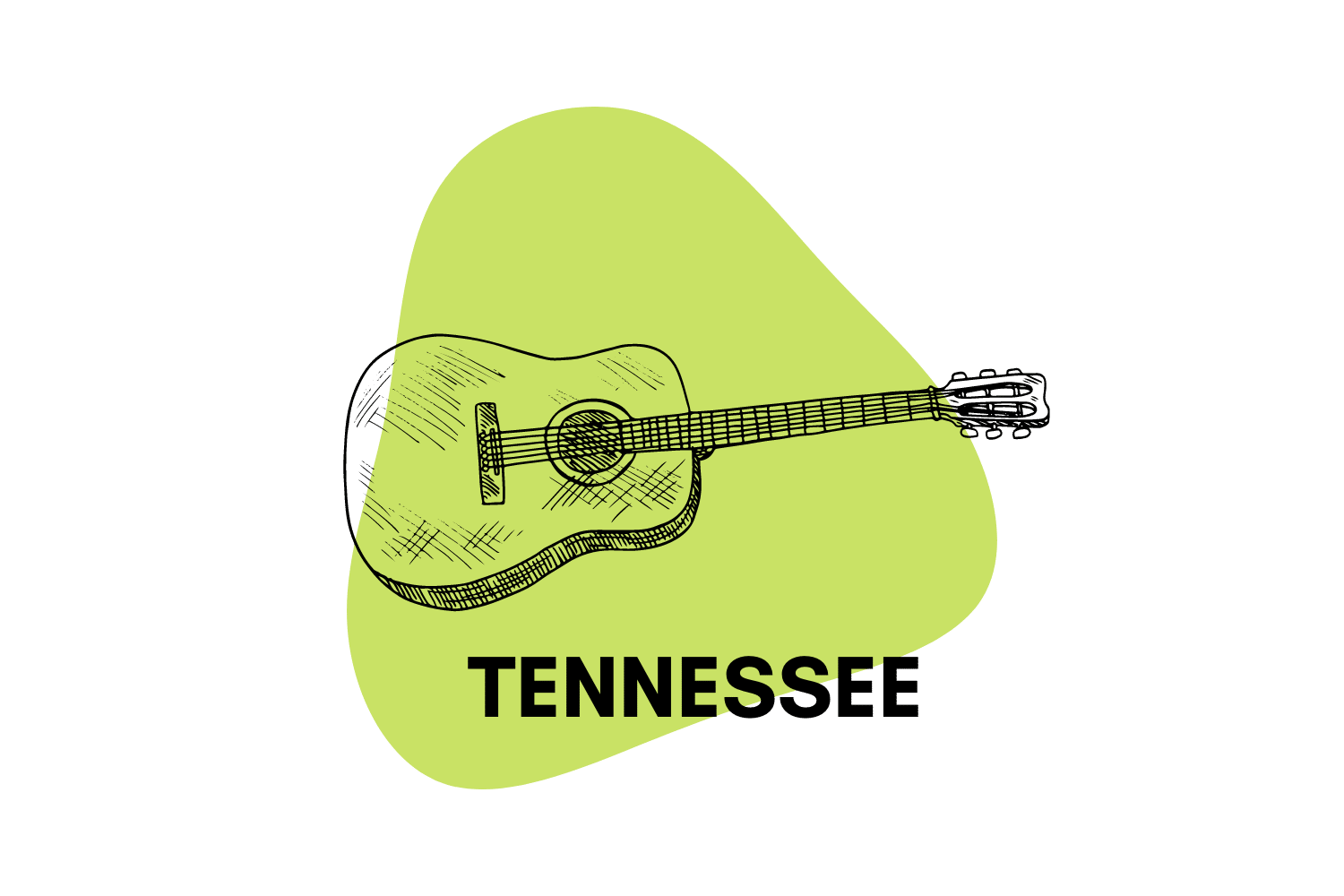Are Psychedelics Legal in New Mexico Yet?
You’re more likely to find psychedelic cactus than shrooms here, but they’re all equally illegal.
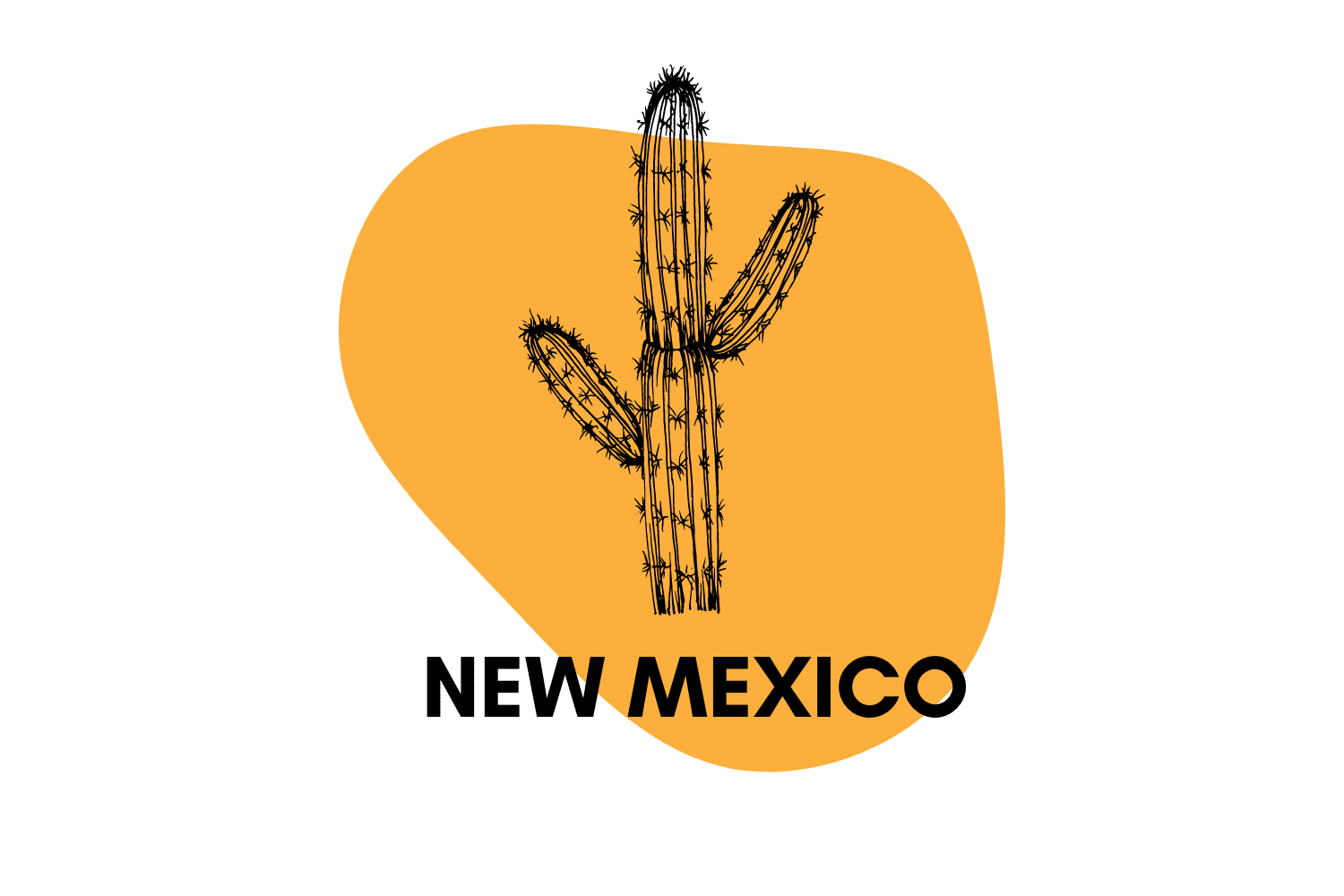
The land of enchantment is known for its relaxed laws surrounding magic mushrooms and other psychedelics — but this doesn’t mean they’re legal (yet).
There are loopholes that allow users to obtain these substances, but drying or preserving them can carry stiff penalties.
We’ll also explain the legality of magic mushrooms as well as other psychedelics such as LSD, DMT, and more in the state of New Mexico.
Are Magic Mushrooms Legal in New Mexico?
Psilocybin is the active substance found in magic mushrooms. The Controlled Substances Act considers it a Schedule I substance, with a high risk of abuse and no legitimate medical use, at the federal level.
However, New Mexico has an exciting look at the legality of psilocybin, thanks to a famous case that set a new legal precedent.
Growing or possessing shrooms for personal use is permitted in New Mexico, even though psilocybin is virtually illegal at the state level.
Related: How to Grow Magic Mushrooms.
A 2005 Court of Appeals ruling overturned a drug trafficking conviction against a man named David Ray Pratt. Police raided Pratt’s home and found mycelium in syringes and fresh mushrooms and immediately arrested him, charging him with “drug trafficking by manufacture.”
But because Pratt had not extracted the psilocybin from the mushroom, the court decided that what he was doing was not manufacturing for trafficking. Therefore, they ruled in his favor.
This way, New Mexico law distinguishes the cultivation of mushrooms for personal consumption from drug trafficking. Moreover, thanks to the 2005 Pratt precedent, growing fresh mushrooms is legal in New Mexico.
But extracting psilocybin or drying and preserving them is illegal: a second-degree felony in New Mexico, with a maximum penalty of up to nine years in prison and fines of up to $10,000.
Magic mushroom spores are legal at the federal level as long as you don’t grow them. At the state level, you can legally purchase spores in New Mexico.
Map of Magic Mushroom Laws In the USA
Do Magic Mushrooms Grow Wild in New Mexico?
Yes, you can find magic mushrooms in New Mexico and the United States. Mushrooms containing psilocybin grow everywhere in the world except Antarctica.
Some of the species of psilocybin-containing mushrooms you can find are:
- Psilocybe cubensis
- Gymnopilus luteofolius (in coniferous areas near Albuquerque)
- Panaeolus cinctulus (in areas with abundant compost and well-fertilized soils near Las Cruces)
You can also find Psilocybe mescaleroensis in the Lincoln National Forest, in grasses near pine trees, between summer and fall.
What Are the Medicinal Uses of Shrooms?
Psilocybin mushrooms can help with various ailments, from physical conditions such as cluster headaches to mental health disorders, including depression, post-traumatic stress disorder (PTSD), addiction, and existential anxiety.
There’s so much evidence for the therapeutic value of magic mushrooms researchers at John Hopkins Medicine recently made a public recommendation to reclassify psilocybin on a federal level.
Moreover, evidence suggests that magic mushrooms and other psychedelics may improve our problem-solving skills and boost creativity.

Is LSD Legal in New Mexico?
No. LSD (lysergic acid diethylamide) is illegal in New Mexico.
LSD is classified as a Schedule I restricted substance under the Controlled Substances Act. This means it’s illegal throughout the entirety of the United States.
There are several prominent analogs to LSD, such as PRO-LAD, AL-LAD, ETH-LAD, ALD-52, LSZ, and 1P-LSD. None of these substances are officially listed as prohibited in New Mexico but are likely banned through the Federal Analogue Act.
The possession of LSD can result in a misdemeanor with fines between $100 and $1,000 or imprisonment for up to one year for first-time offenders.
Is MDMA Legal in New Mexico?
No. MDMA (ecstasy) is illegal in New Mexico. It’s classified as a Schedule I controlled substance, meaning the law doesn’t contemplate any medicinal uses.
This is likely to change as the FDA is currently reviewing a submission from MAPS (Multidisciplinary Association for Psychedelic Studies) that would allow clinicians to use MDMA to treat post-traumatic stress disorder (PTSD) and other mental health conditions.
For now, possession of any amount of MDMA in New Mexico is charged as a fourth-degree felony. The sentence is 18 months in prison and up to $5,000 in fines.
Even if MDMA-assisted psychotherapy is approved, the recreational use of MDMA will remain strictly prohibited.
Suggested Reading: What is Psychedelic-Assisted Psychotherapy?
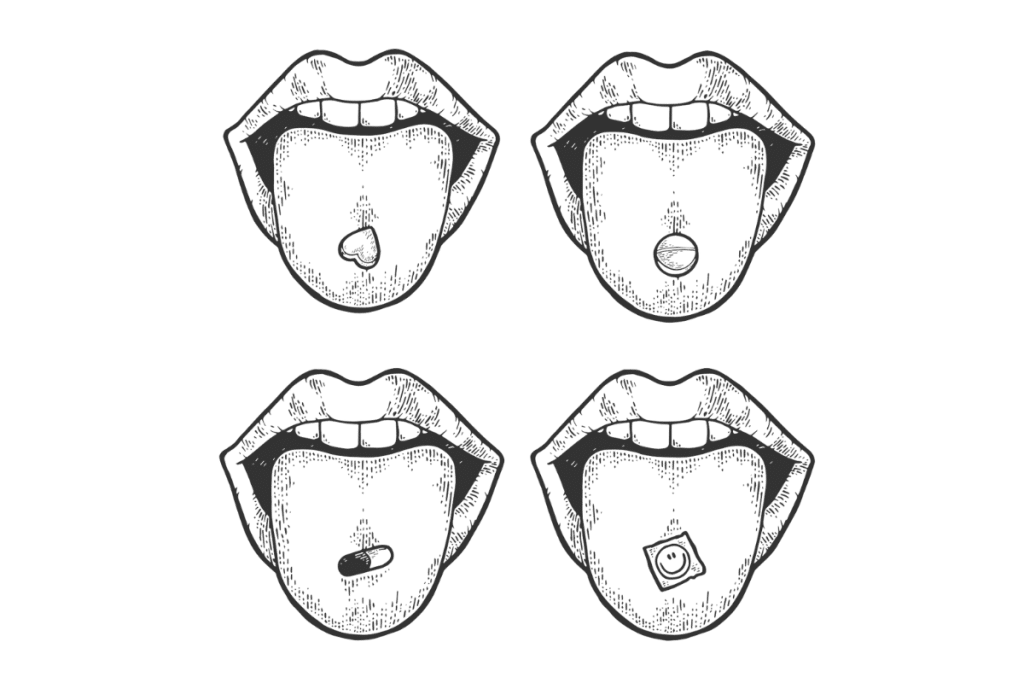
Is Ketamine Legal in New Mexico?
Ketamine is legal in New Mexico for medical use only.
It’s used for treating clinical depression, PTSD, and as an anesthetic during surgery.
Recently the FDA approved a nasal spray as a treatment for severe depression. However, ketamine is still classified as a Schedule III substance under the Controlled Substance Act. If you get caught with ketamine without prescription, fines range from $500 to $1000, one year of imprisonment, or both.
Is DMT Legal in New Mexico?
In New Mexico, DMT (dimethyltryptamine) is a Schedule I controlled substance, and possession is a fourth-degree felony. This includes natural sources of DMT, such as ayahuasca or the Bufo alvarius toad.
Penalties can include up to 18 months in jail and a fine of up to $5000. Beyond this, it does not appear that DMT will be legal for recreational use soon.
However, cities such as Oakland, Santa Cruz, Ann Arbor, Washington D.C., Seattle, and Detroit, as well as the entire state of Oregon, have recently decriminalized plants and mushrooms with psychedelic effects, including DMT.
The United States granted Santo Daime and União do Vegetal groups the right to use ayahuasca legally as part of their religious tradition.
Related: List of Plants that Contain DMT.
What’s the Difference Between Legalization & Decriminalization?
These two terms can be confusing and appear to be the same, but there are vital differences between legalization and decriminalization.
Decriminalizing a substance significantly reduces penalties and fines, but sale and possession will remain illegal.
On the other hand, legalizing a substance means removing all penalties and fines for possession, sale, and production. However, there may still be certain restrictions and protocols in place that vendors need to abide by.
Key Takeaways: What’s the Future of Psychedelics in New Mexico?
New Mexico is already well on the path to the legalization and decriminalization of certain psychedelics. The state recently moved to legalize marijuana for the first time in over 70 years.
Natural psychedelics, such as magic mushrooms, mescaline, salvia, and ayahuasca, will likely be decriminalized soon, while synthetic compounds like LSD, MDMA, and ketamine may become legalized for medicinal use.
It’s unlikely we’ll see the legalization of MDMA or ketamine for recreational use anytime in the near future.

